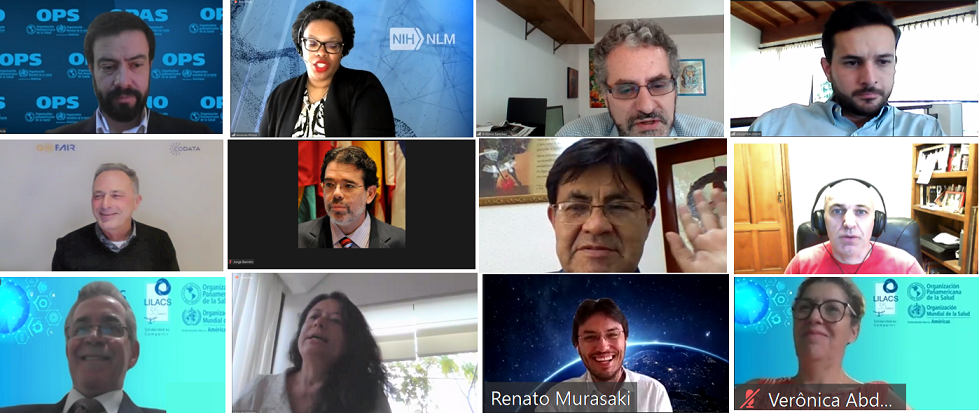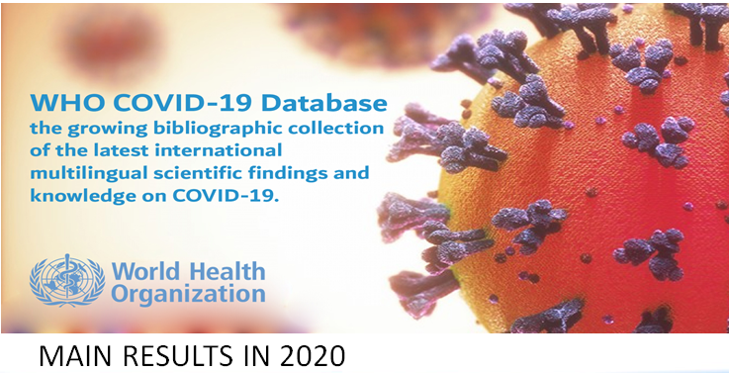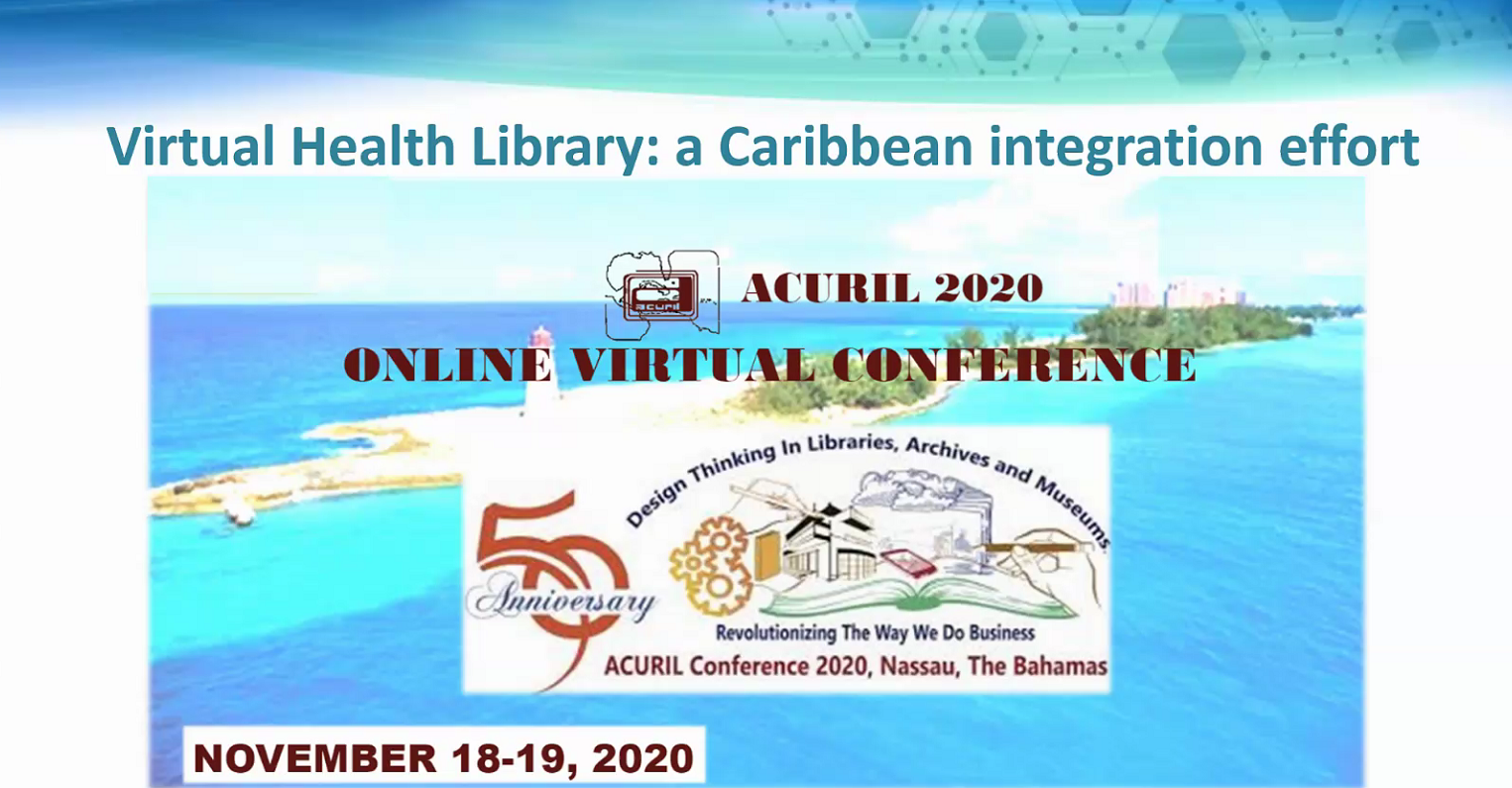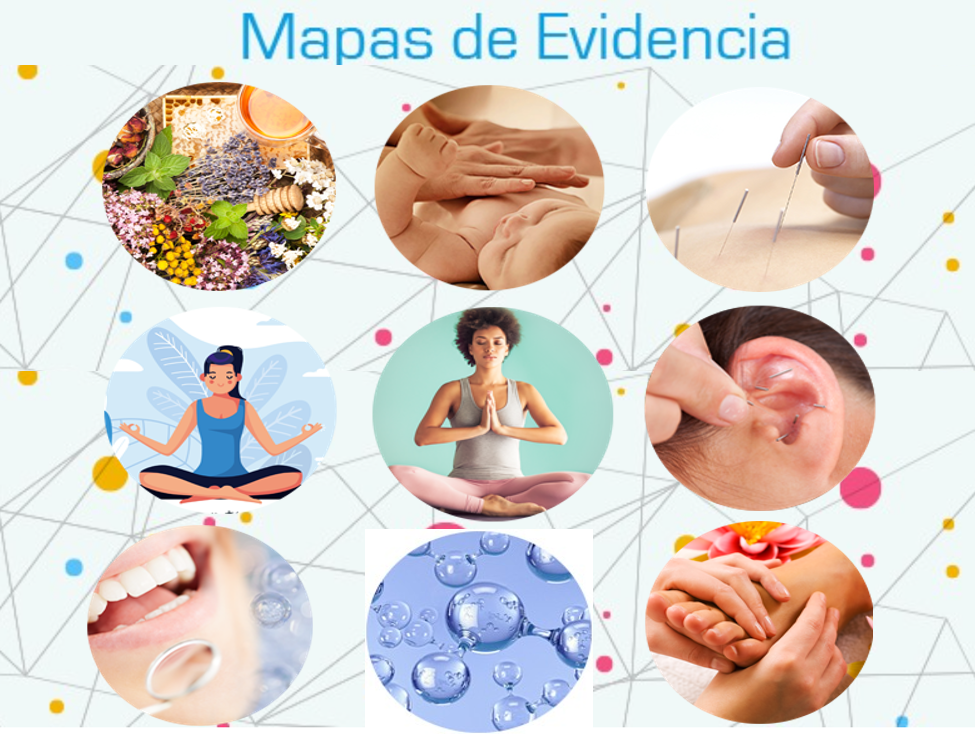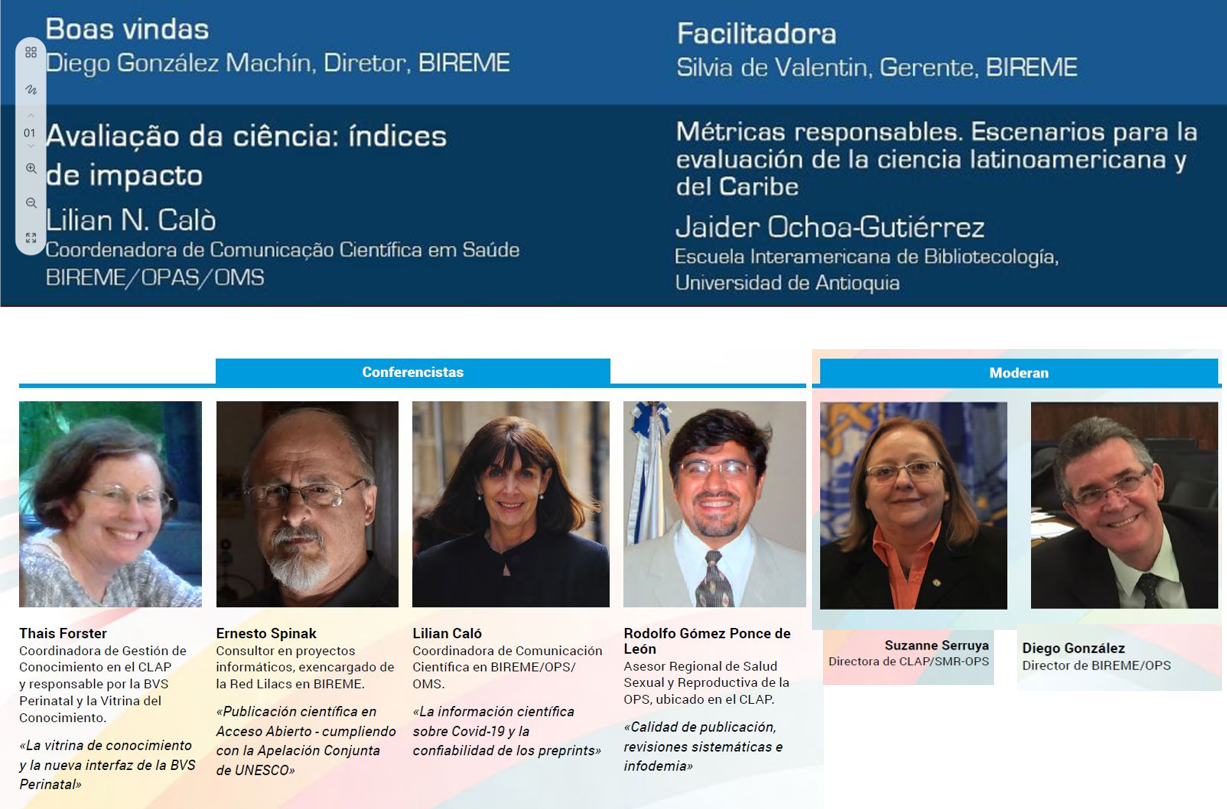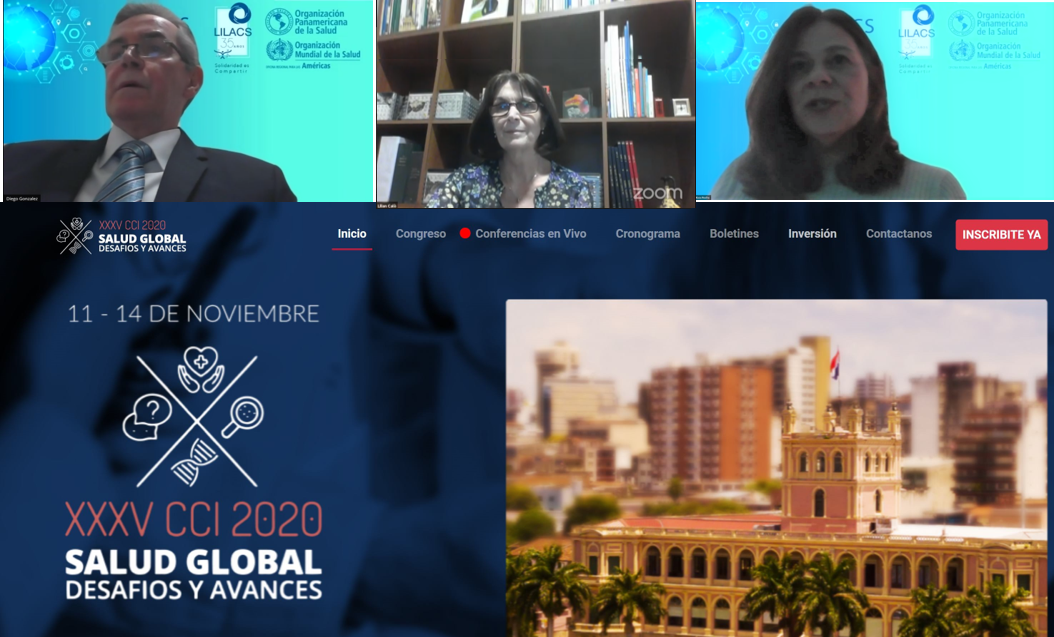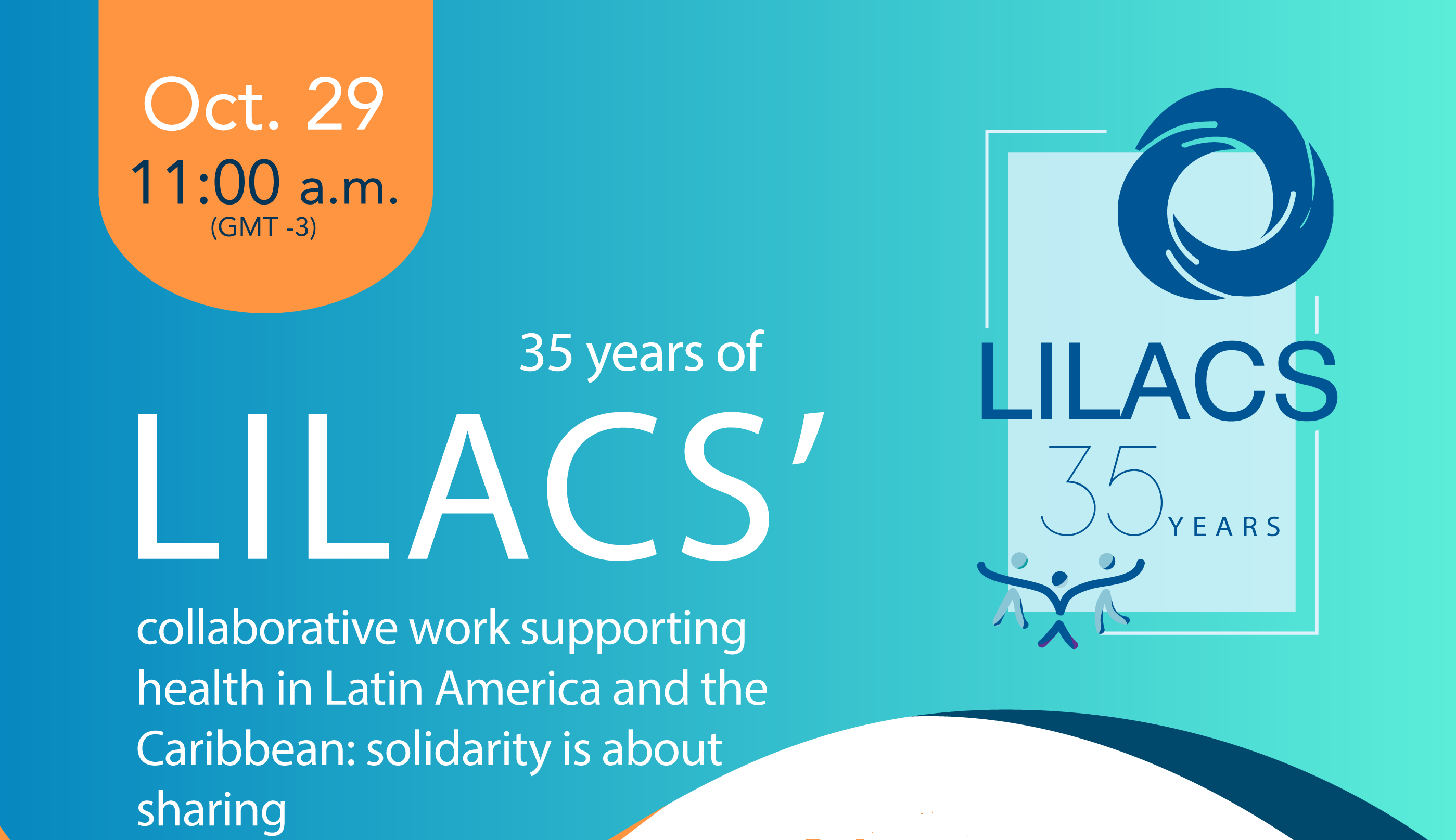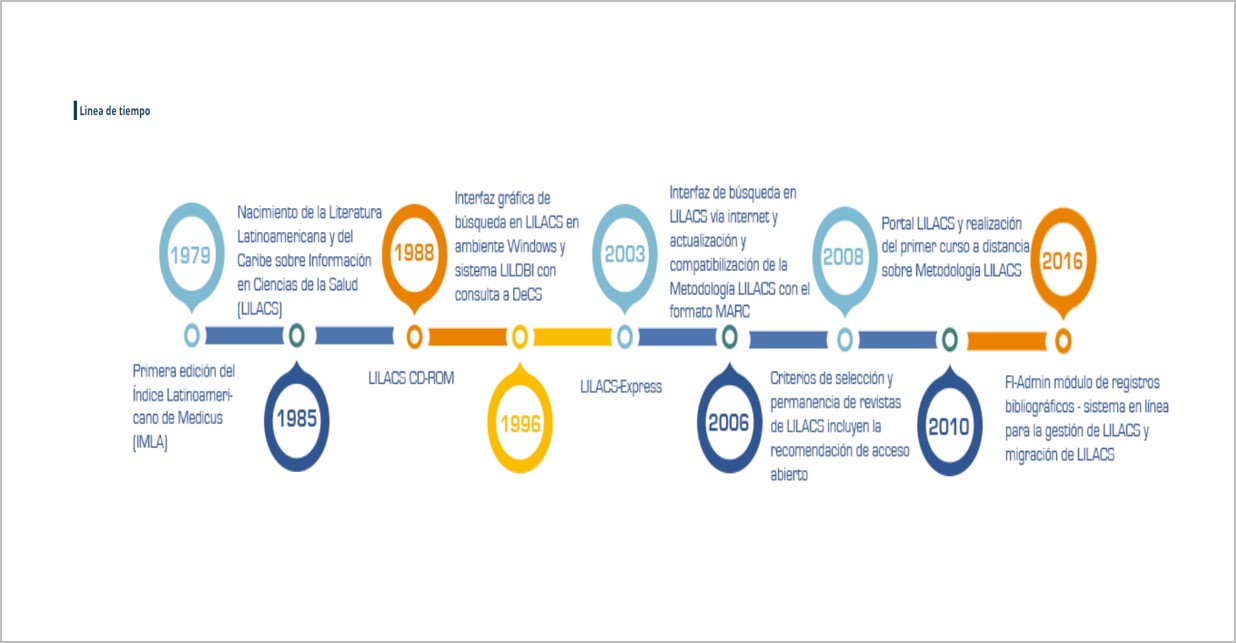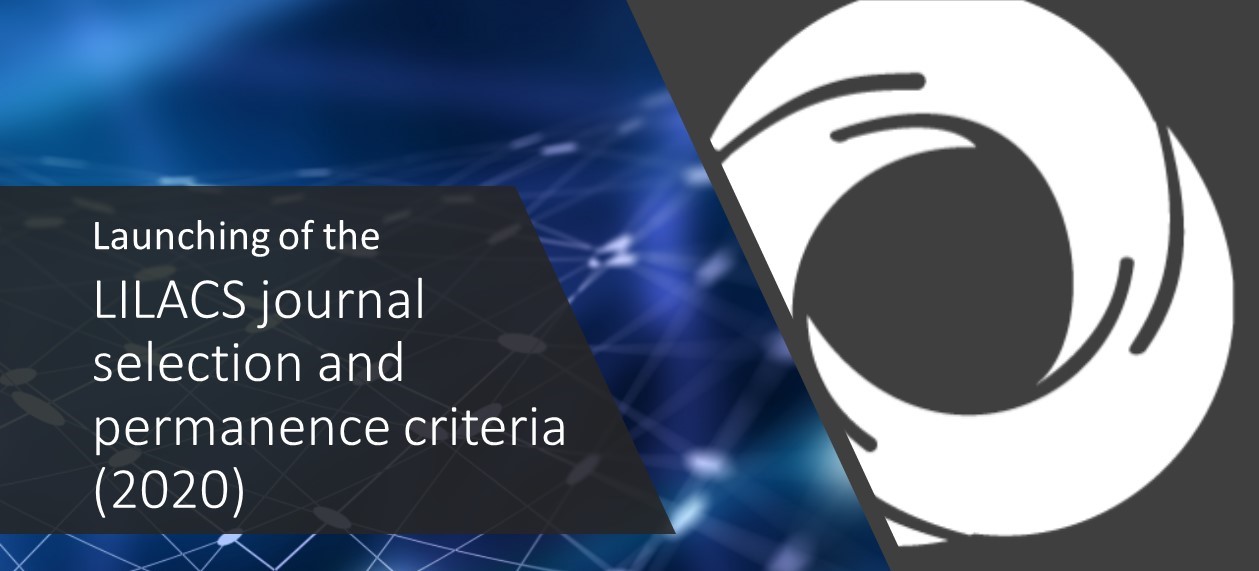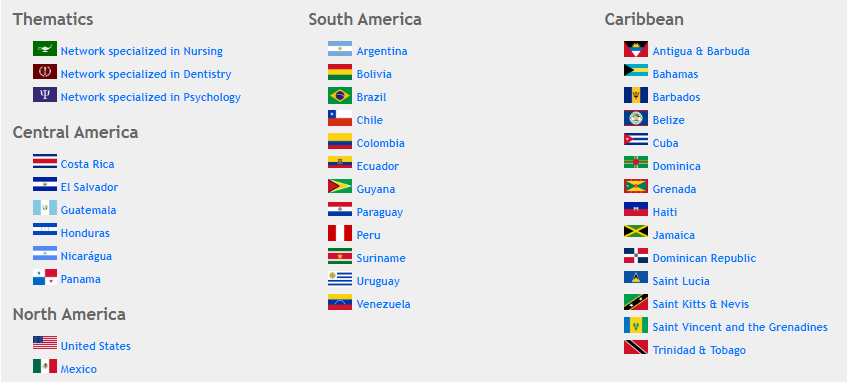The VI Session of the Scientific Committee (SC) of BIREME was held virtually on December 4, with two specific objectives: to position members on the current stage of implementation of the recommendations made by members of previous sessions and to generate an effective exchange with members of the SC to obtain recommendations to improve the visibility and quality of BIREME’s products and services. SC members were unanimous in recognizing the diversity and scope of the products and services developed by the Center and made a series of recommendations. A report of the session will be sent for the Committee’s final knowledge and considerations.
BIREME holds virtually the VI Session of the Scientific Committee
